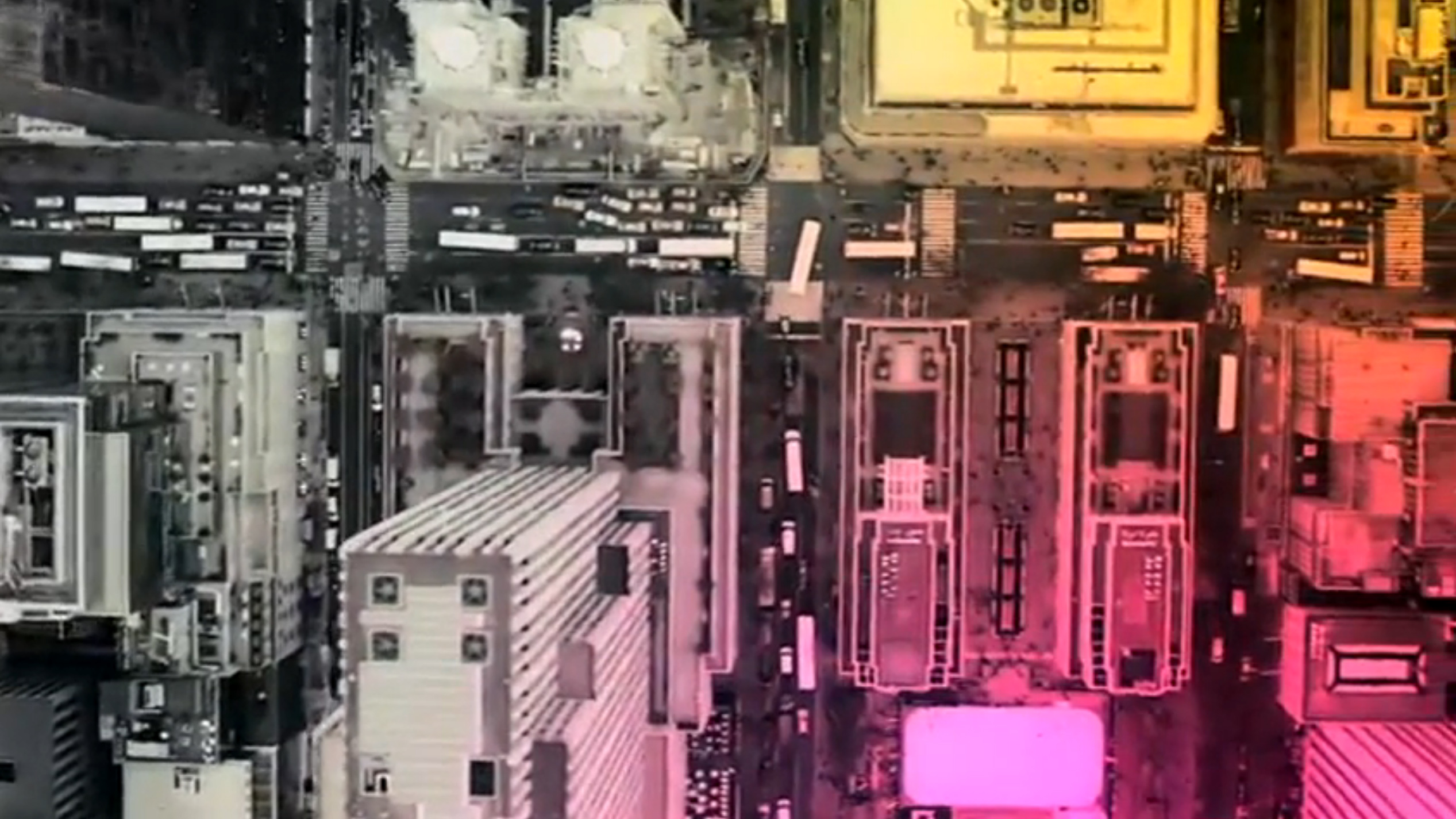Staring into the maw of an active volcano in Guadeloupe is inherently more dramatic than Googling or Tweeting, but it’s the latter that ultimately may have a larger-than-Krakatoa effect on the world. Werner Herzog, who was brave and foolish enough to drag a small camera crew to the gurgling La Soufrière in 1976, has now turned his attention to another unpredictable and potentially explosive source, though this time a human-made one, the Digital Revolution.
In a New York Times review, A.O. Scott trains his immaculate writing on the director’s latest, the impressionistic Lo and Behold, Reveries of the Connected World. The piece is far from a pan, though the critic asserts the auteur’s attempts to introduce poetry and wonder into the topic do not always survive the facts of our algorithmic era.
An excerpt:
The devices in our hands and on our desks, and the invisible, ubiquitous networks that link them, are often seen to be ushering us toward utopia or hastening the arrival of the apocalypse. Mr. Herzog, an unseen interviewer with an unmistakable voice, seems receptive to both views. He listens to scientists and entrepreneurs celebrate the expansion of knowledge and learning that the digital revolution has brought forth, and to others who lament the erosion of privacy and critical-thinking skills. The physicist Lucianne Walkowicz explains how a solar flare could bring the whole network — and with it our super-technologized way of life — crashing down in a matter of days. On the other hand, we might build self-driving cars, perfect artificial intelligence applications that permanently erase the boundary between people and machines or even create colonies on Mars.
At times, Mr. Herzog’s imagination leaps beyond even the more startling speculations of his subjects. He is not so much credulous as excitable, given to interrupting the prose of researchers and analysts with flights of poetry. He tries to press some of them to predict the future, something scientists are generally reluctant to do. And he poses a question that charms and stumps many of them: “Does the internet dream of itself?”
As its title suggests, “Lo and Behold” is to some extent Mr. Herzog’s dream of the internet. Divided into 10 brief chapters, it is impressionistic rather than comprehensive. Many of the ideas are familiar, and some important aspects of life in the digital era are examined superficially or not at all. Though Edward Snowden’s name is dropped, there is not much attention to surveillance or spying, and the uses and abuses of connectivity as a tool of corporate and state power are barely explored.
The interviews seem to have been conducted over a few years, which gives a curiously dated feeling to parts of the film. Sebastian Thrun, a founder of the online learning company Udacity, enthuses about the transformative potential of his courses, but the widely reported failure of those courses to realize their supposed potential does not come up. Skepticism is really not Mr. Herzog’s thing.•
Tags: A.O. Scott, Werner Herzog

